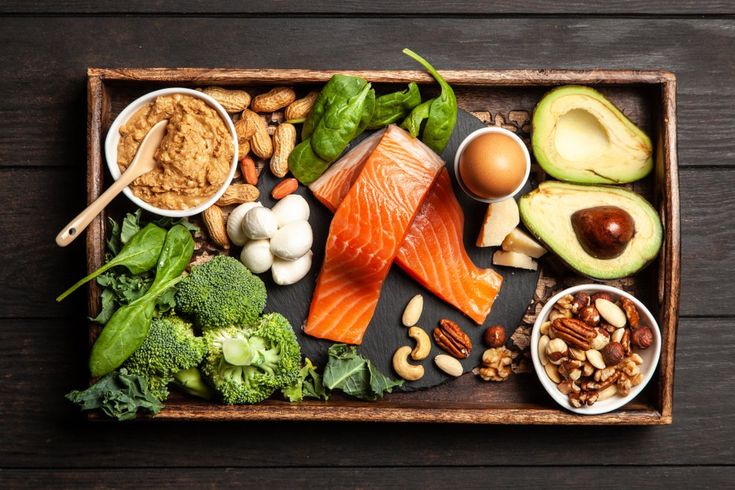1. Understand the Power of Nutrition for diet plan
Nutrition forms the foundation of any effective diet plan. Your body needs a mix of macronutrients like proteins, fats, and carbohydrates, along with essential vitamins and minerals, to function properly. Prioritize whole foods such as vegetables, fruits, lean proteins, and healthy fats. These nutrient-dense options provide your body with energy and support overall health.
Visit my Site: https://rehannet.online/
2. Set Realistic and Achievable Goals
Before starting a diet plan, define clear and attainable goals. Whether your aim is weight loss, muscle gain, or boosting your energy, set objectives that align with your lifestyle. Unrealistic expectations can lead to frustration, so focus on steady progress over time.

3. Balance Your Macronutrients Like a Pro
Balancing macronutrients is key to a sustainable diet plan. Proteins help repair muscles and should include options like chicken, fish, beans, and tofu. Carbohydrates are your body’s primary energy source, so choose whole grains, brown rice, and oats. For fats, stick to healthy options such as avocados, nuts, and olive oil to support brain health and hormone function.
4. Master the Art of Meal Prep
Meal prepping can save time and ensure you stick to your diet plan. Dedicate a few hours weekly to cook and portion your meals in advance. This makes healthy eating more convenient and helps you avoid reaching for unhealthy snacks. Simple and organized meal prep can set you up for success.
5. Incorporate Superfoods for Maximum Impact
Superfoods are nutrient-rich and enhance your diet. For example, chia seeds are packed with omega-3s and fiber, while spinach provides iron and essential vitamins. Including berries in your diet adds antioxidants that help fight inflammation. Adding just a few superfoods to your daily meals can significantly boost your health.
6. Stay Hydrated and Control Liquid Calories
Drinking enough water is crucial for digestion, metabolism, and toxin elimination. Aim for at least 8 glasses of water a day. Be cautious with sugary drinks, sodas, and excessive caffeine, as they add unnecessary calories. Instead, stick to water, herbal teas, or infused water for hydration.

7. Monitor Portion Sizes to Prevent Overeating
Even nutritious foods can cause weight gain if consumed in large quantities. Use smaller plates to manage portion sizes and eat mindfully by focusing on your hunger and fullness cues. This practice can prevent overeating and help you maintain a balanced calorie intake.
8. Track Your Progress and Adjust as Needed
Regularly tracking your diet plan can help you understand what works and what doesn’t. Use a journal or apps to record your meals and physical activities. If you notice areas that need improvement, make adjustments to your plan. Staying consistent yet flexible will ensure long-term success.
Conclusion.
By following these 8 powerful tips, you can design a diet plan that supports your health goals while being practical and enjoyable. Small, consistent changes can lead to significant results, so start your journey today and embrace a healthier, happier lifestyle!
For Other website:https://noorblogs.com/

